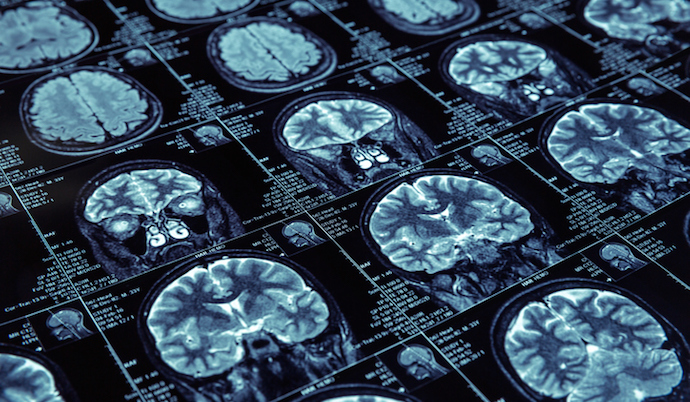Making MRI fast and quantitative

This interdisciplinary project focuses on the development of next-generation fast quantitative MRI precision imaging solutions based on AI and compressed sensing.
Magnetic resonance imaging (MRI) has transformed the way we look through the human body, noninvasively, making it the gold-standard imaging technique for diagnosis and monitoring of many diseases. However, conventional MRI scans do not produce “quantitative” i.e. standardised measurements, and therefore it is difficult to compare MRI images acquired at different hospitals, or at different points in time, limiting the potential of this imaging technology for advanced diagnostic and monitoring precision.
Quantitative MRI (qMRI) aims to overcome this problem by providing reproducible measurements that quantify tissue bio-properties, independent of the scanner and scanning times. This can transform the existing scanners from picture-taking machines to scientific measuring instruments, enabling objective comparisons across clinical sites, individuals and different time-points. Despite established benefits in precise evaluation of diseases (e.g., cancer, cardiac, liver, brain disorders), qMRIs suffer from excessively long scan times that currently obstruct their wide adoption in clinical routines. This project works with some of the world’s top organisations in healthcare research towards solving this challenge and enabling the qMRI scans to become substantially faster, more patient-friendly and more affordable and accessible.
Collaborators
GE Healthcare, UCL’s Centre for Medical Imaging, IRCCS Stella Maris-IMAGO7, University of Zurich.
Funding
£340k, EPSRC
